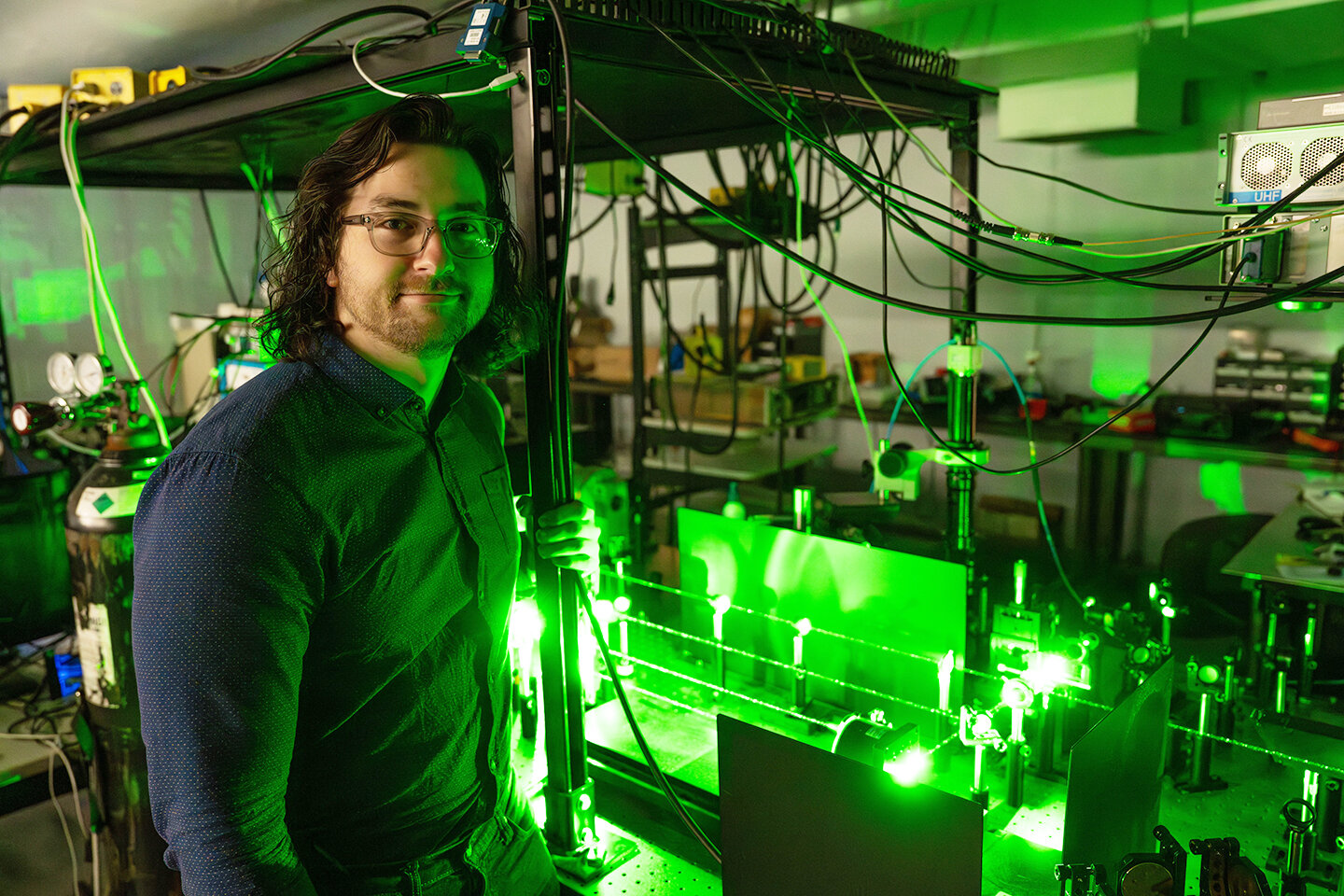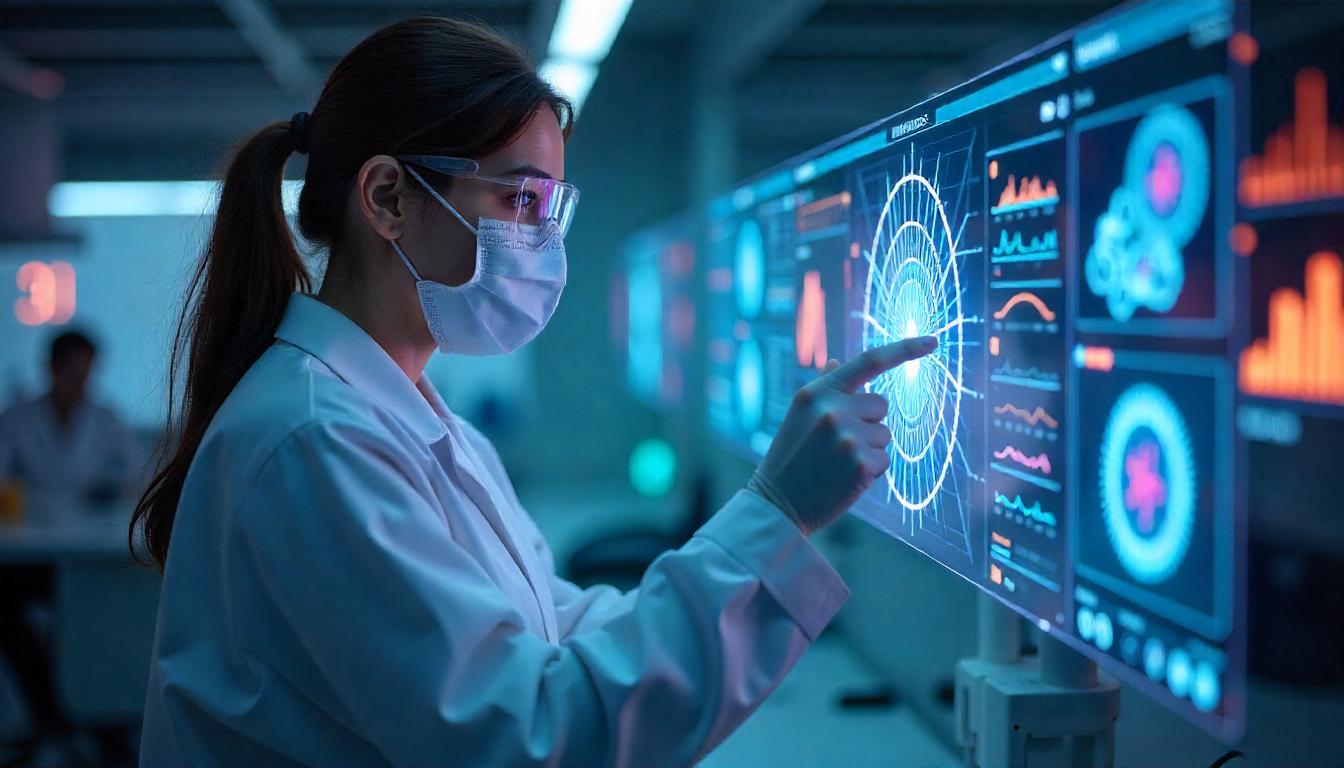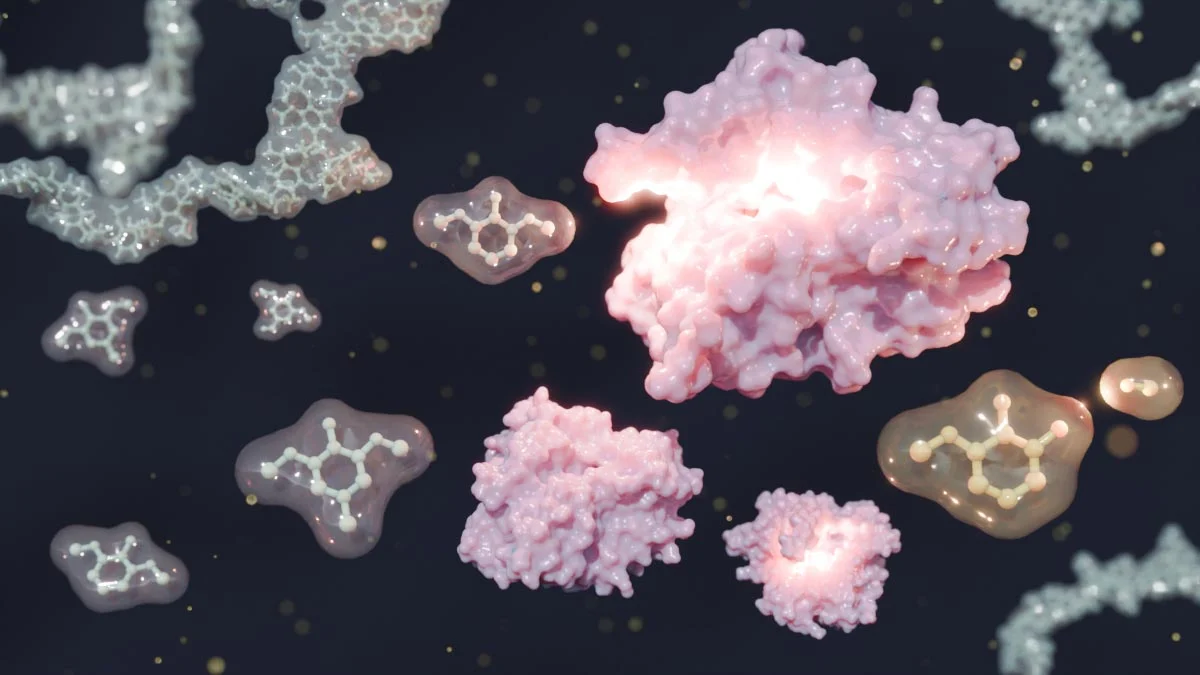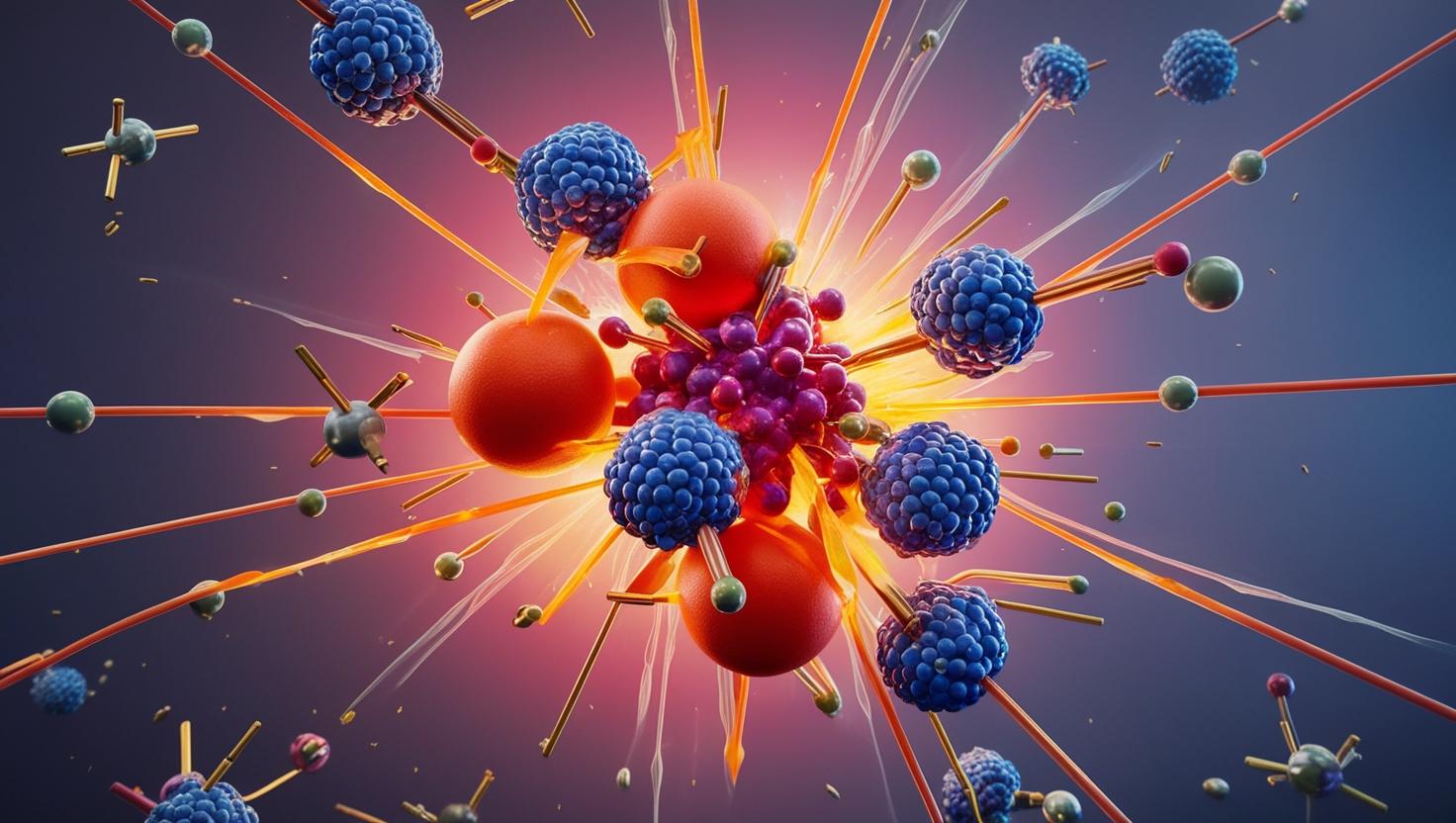Targeting Cancer Without Harming the Body
Traditional cancer treatments often come with a steep price: they may stop tumors, but at the cost of triggering serious side effects like hyperglycemia. Now, a new drug candidate is showing promise in disrupting tumor growth without the usual collateral damage.
How BBO-10203 Works
Blocking a Critical Cancer Pathway
Developed by scientists at Lawrence Livermore National Laboratory, BridgeBio Oncology Therapeutics, and the Frederick National Laboratory for Cancer Research, BBO-10203 targets a key interaction between two proteins—RAS and PI3Kα. These proteins are central to many cancers, and blocking their connection disrupts tumor growth at its source.
Why This Approach Is Different
Unlike other PI3Kα inhibitors, BBO-10203 sidesteps the typical rise in blood sugar levels that limits many current treatments. This means it can attack cancer cells without triggering dangerous metabolic side effects.
The Power Behind the Discovery
Supercomputers Meet Molecular Design
The drug was discovered using Livermore’s LCADD (Livermore Computer-Aided Drug Design) platform, which merges AI, machine learning, and physics-based simulations. Researchers ran billions of molecular simulations on high-performance supercomputers like Lassen and Ruby to identify the most effective compounds before testing them in real life.
Lab and Animal Testing Yields Results
Preclinical studies showed that BBO-10203 effectively blocks tumor growth in cancers with HER2 overexpression, PIK3CA mutations, and KRAS mutations. Even better, it boosted the effects of existing treatments for breast, lung, and colon cancers when used in combination.
What This Means for Cancer Treatment
A Step Toward Precision Medicine
BBO-10203 represents a new wave of cancer drugs designed to hit cancer’s weak spots without damaging healthy systems. It’s a powerful example of what’s possible when biotechnology and supercomputing work together.
Looking Ahead
If clinical trials confirm what the lab results suggest, BBO-10203 could reshape how we treat cancer—less toxicity, more targeted action, and better outcomes for patients.
What’s Next in Cancer Research?
Could this drug be the first of many that treat cancer without compromising quality of life? Stay curious—science is just getting started.
Reference: “BBO-10203 inhibits tumor growth without inducing hyperglycemia by blocking RAS-PI3Kα interaction” by Dhirendra K. Simanshu, Rui Xu, James P. Stice, Daniel J. Czyzyk, Siyu Feng, John-Paul Denson, Erin Riegler, Yue Yang, Cathy Zhang, Sofia Donovan, Brian P. Smith, Maria Abreu-Blanco, Ming Chen, Cindy Feng, Lijuan Fu, Dana Rabara, Lucy C Young, Marcin Dyba, Wupeng Yan, Ken Lin, Samar Ghorbanpoorvalukolaie, Erik K. Larsen, Wafa Malik, Allison Champagne, Katie Parker, Jin Hyun Ju, Stevan Jeknic, Dominic Esposito, David M. Turner, Felice C. Lightstone, Bin Wang, Paul M. Wehn, Keshi Wang, Andrew G. Stephen, Anna E. Maciag, Aaron N. Hata, Kerstin W. Sinkevicius, Dwight V. Nissley, Eli M. Wallace, Frank McCormick and Pedro J. Beltran, 12 June 2025, Science.
DOI: 10.1126/science.adq2004
Daily science news 2025, Best science blogs, New science research 2025, Popular science articles, Latest science news 2025










